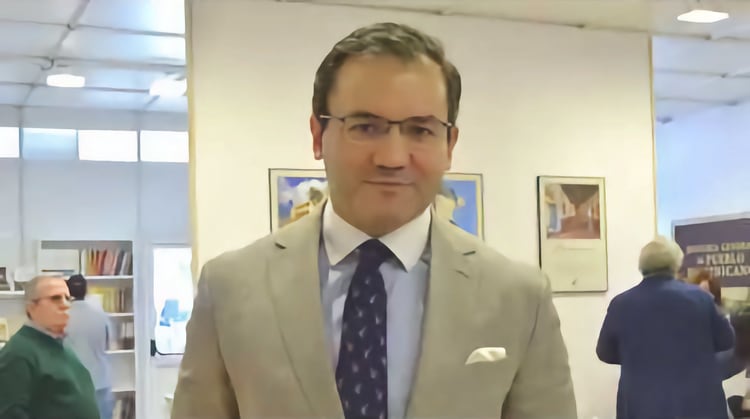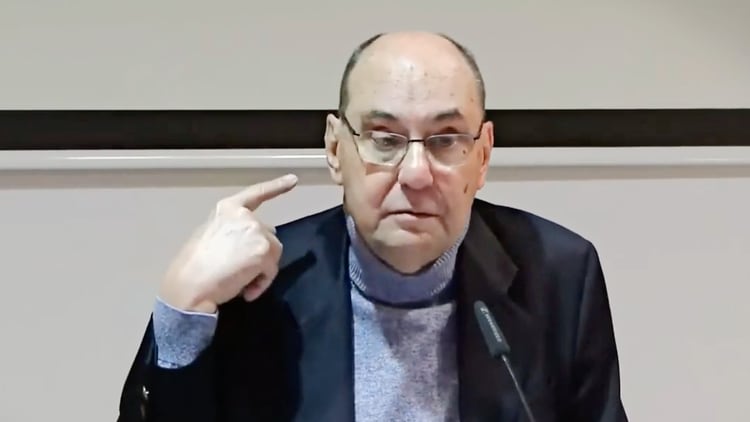Luis Ayllón
The Government of the Russian Federation has refused to grant an accreditation visa to the new Spanish consul general in Moscow, Antonio Ramos, who was seeking to take up his post, vacant following the retirement of the previous incumbent, María Isabel Vicandi, according to The Diplomat, according to reliable sources.
The Russian decision comes in response to Spain’s refusal to grant several accreditations requested in recent months by Vladimir Putin’s government for replacements at the Russian embassy in Madrid. According to some sources, the Spanish government has reportedly denied a dozen such requests.
According to other sources consulted by The Diplomat, the Russian authorities are very annoyed by the Spanish government’s attitude towards their country and by the poor relations between the Ministry of Foreign Affairs and the Russian embassy in Spain.
Specifically, they complain about the refusal to accept the arrival of replacement staff at the diplomatic representation, which was greatly reduced when nearly two years ago, after the invasion of Ukraine, Spain expelled 27 members of the Embassy, a decision that, moreover, was responded to by Russia with the expulsion of 27 workers at the Spanish Embassy in Moscow.
Since then, Russia has only granted new accreditations in cases where one diplomat has been replaced by another, a practice that Moscow has now decided not to maintain, when Spain wanted Antonio Ramos to replace the consul general in the Russian capital, who reached retirement age on the 13th.
Thus, Ramos, who left last October as chief of staff of the Constitutional Court, Cándido Conde Pumpido, will have to wait for Russia to change its mind, something that does not seem clear at the moment, especially after the Spanish government summoned the Russian ambassador in Madrid, Yuri Klimenko, on Monday to ask for explanations for the death of Alexei Navalni, an opponent of Putin, who was being held in prison, serving a sentence described by Spain as unjust.
As The Diplomat reported, the Spanish government will ask the Russian authorities for permission to appoint Ricardo Martínez as the new ambassador to the Russian Federation, replacing Marcos Gómez. Once this request becomes a reality, it could take several months for Putin’s government to grant the visa, as there was also a four-month delay on the part of the Spanish authorities in granting the visa to Yuri Klimenko.
The refusal to grant accreditation to the new consul could have a significant impact on the work of the Consulate General in Moscow because, in addition to the departure of María Isabel Vicandi, the two deputy consuls were among those affected by the expulsion of embassy staff.
Now, consular affairs have to be handled by another diplomat at the embassy, who has to deal with numerous visa applications, although these have dropped considerably since the war in Ukraine began. Even so, there are still some 100,000 applications for visas to travel to Ukraine every year.
The current problem with the Consulate in Moscow could be repeated in a few months’ time if Spain tries to replace the ‘number two’ of the Embassy, Agustín Santos, who has already had his stay in Moscow extended for a year. The second post in the diplomatic representation is one of those that have been put out to tender, but it carries an asterisk, which means that the Foreign Minister, José Manuel Albares, will take the decision to fill it, without waiting to know the opinion of the Board of the Diplomatic Career.







